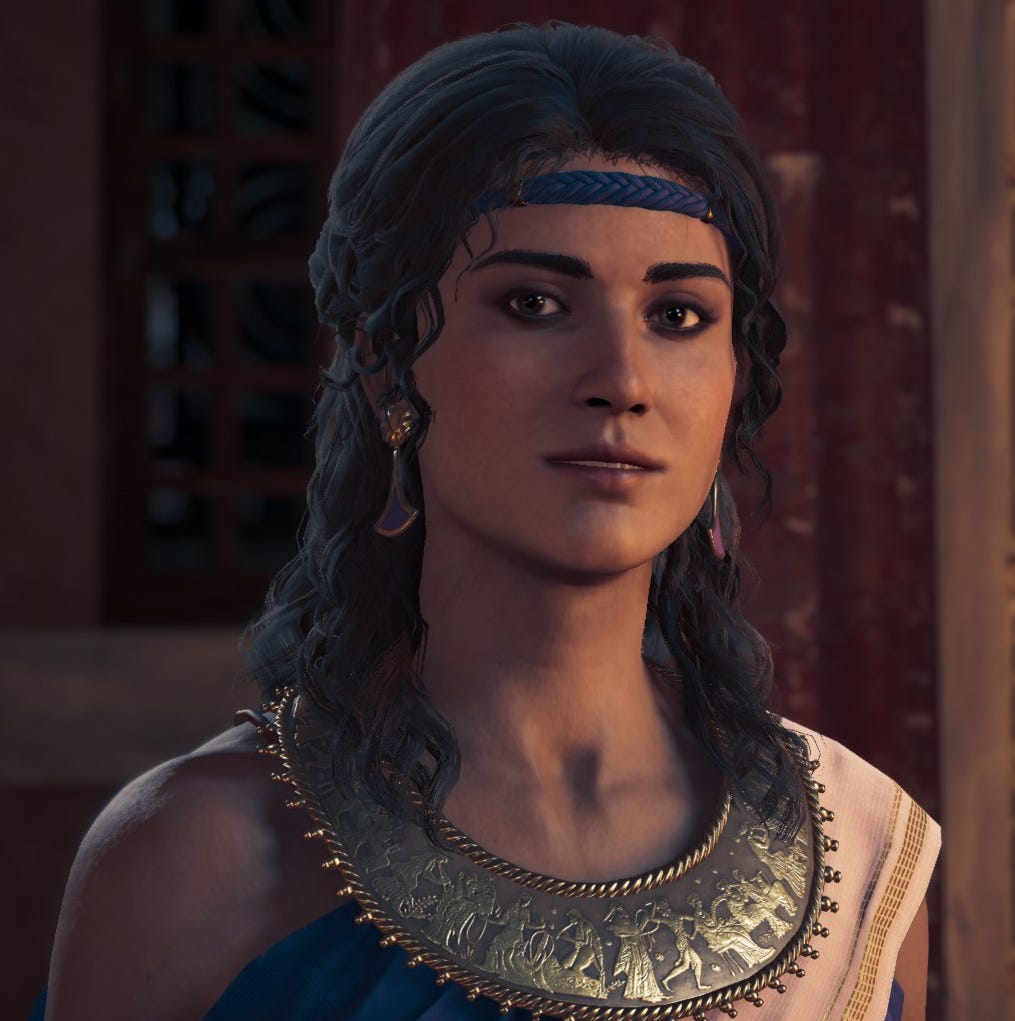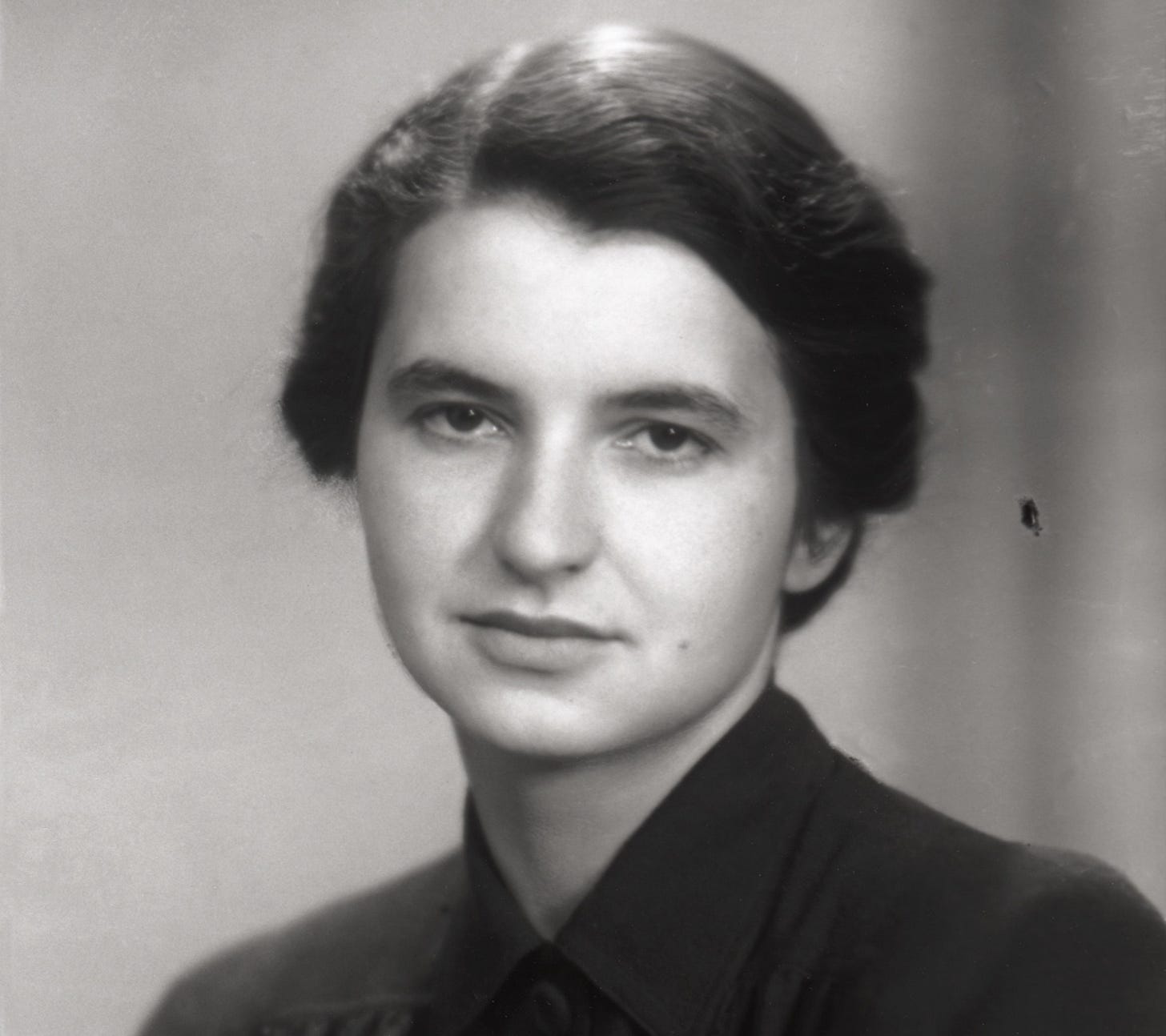The forgotten female teacher of Socrates
and why her story matters
Hey you, happy Tuesday!
Before you dive into your day (or your third cup of coffee), here’s a thought:
What if I told you Socrates - the guy everyone quotes when they want to sound deep had a female teacher?
So, this time we will read her story. Let’s start?
📌 So, who was the female teacher of Socrates?
Socrates had a mentor, and it wasn’t just any mentor - it was Aspasia of Miletus, a woman who, against all odds, became one of the most influential figures in ancient Greece.
Born in the city of Miletus (modern-day Turkey), she moved to Athens at a time when women were typically expected to stay at home, manage the household, and stay out of the public eye.
But Aspasia didn’t just settle for that. She was highly intelligent, witty, and charismatic, qualities that earned her a prominent place in the male-dominated intellectual circles of Athens.
Now, Athens during the 5th century BCE was the heart of Greek philosophy, home to famous figures like Plato, Socrates, and Aristotle. These were the thinkers shaping the foundations of Western thought, yet one of their key influences was often overlooked: Aspasia.
Despite being a foreign woman in a city where even native women had limited rights, Aspasia not only survived but thrived in the intellectual and political circles of the time.
Her influence on Socrates, in particular, is an intriguing part of history that has been often swept under the rug. Although there is limited historical evidence documenting their interactions, Plato’s dialogues give us a glimpse into Aspasia’s impact.
In Menexenus, a work by Plato, Socrates credits Aspasia as the one who taught him the art of rhetoric, the skill of persuasive speech. This is no small thing; rhetoric was one of the most powerful tools in ancient Greece, allowing politicians and philosophers alike to sway public opinion and shape the course of history. Aspasia, it seems, was no ordinary teacher - she was a master of rhetoric, and Socrates, despite his often rebellious nature, recognized her expertise.
But Aspasia’s influence didn’t stop with Socrates.
She was also the partner of Pericles, one of Athens’ greatest statesmen. Together, they were a power couple of sorts, Pericles leading Athens through its Golden Age and Aspasia providing intellectual guidance, not just to him but to the entire city.
It’s said that she played an active role in the political and diplomatic affairs of Athens, advising Pericles on matters of state and helping him navigate the complexities of Athenian politics.And yet, despite all this, Aspasia faced criticism and even slander.
Being a foreigner and a woman in a public role, she was often the subject of gossip and accusations. Comedic playwrights of the time, like Aristophanes, frequently mocked her, portraying her in a less-than-favorable light.
She was often labeled as a hetaera - a highly educated and independent woman, but one who operated outside the social norms of her time. Despite this, she continued to be admired by many prominent figures, including Socrates, who respected her for her intellect and guidance.
📌Now, why is Aspasia’s story so important?
It’s not just about recognizing a teacher who influenced one of history’s greatest thinkers. Aspasia’s story shines a light on a broader issue that continues to affect women today: the erasure of women’s contributions to intellectual and public life.
History, as we know it, has often overlooked women’s achievements or downplayed their roles in shaping society.
Take, for example,
📌 Hypatia of Alexandria, another brilliant woman from antiquity. A mathematician, astronomer, and philosopher in Roman Egypt, Hypatia was murdered by a mob, and much of her work was lost. For centuries, her name was almost erased from history, much like Aspasia’s.
📌Or consider Rosalind Franklin, whose research on the structure of DNA paved the way for the discovery of its double helix structure. Yet, when the Nobel Prize was awarded, she was not included. Her work was credited to Watson, Crick, and Wilkins - the male scientists who benefited from her research.
📌 Then there’s Ada Lovelace, often hailed as the world’s first computer programmer. She wrote the first algorithm intended for a machine, centuries before modern computers were even conceived. Yet, for much of history, her contributions were largely ignored.
📌And let’s not forget Fatima al-Fihri, who founded the world’s oldest continuously operating university in Morocco - Al-Qarawiyyin in 859 CE. Despite this incredible achievement, how many of us have heard her name in our history books?
These stories - Aspasia’s included serve as a stark reminder that women’s contributions have often been sidelined or forgotten.
As we reflect on Aspasia’s legacy today, it’s not just about remembering one woman’s achievements in ancient Greece.
It’s about challenging the historical narratives that have erased the vital roles women have played in shaping intellectual, political, and cultural landscapes throughout history.
That’s it for today. If you found this edition interesting and entertaining, please drop a like and follow us for more!
See ya👋







